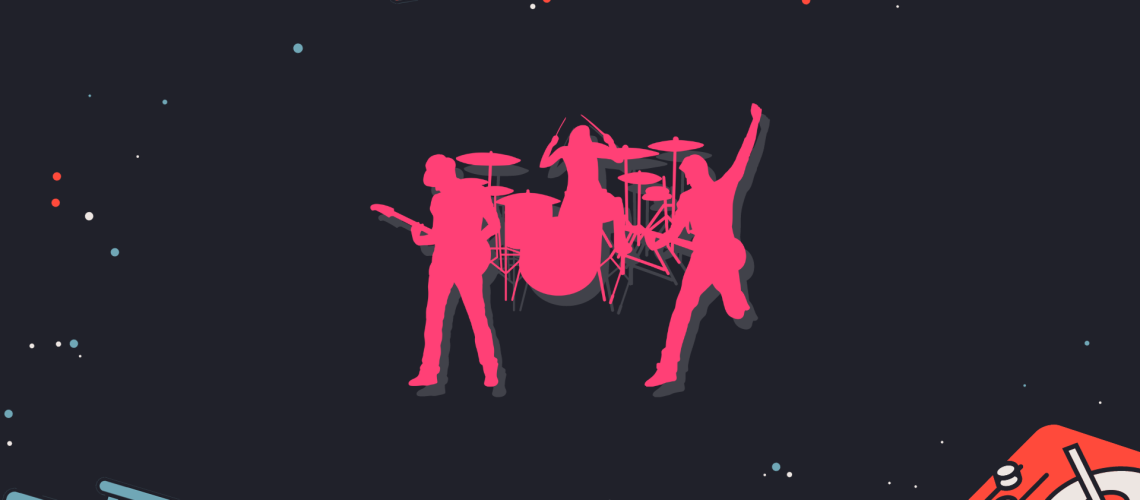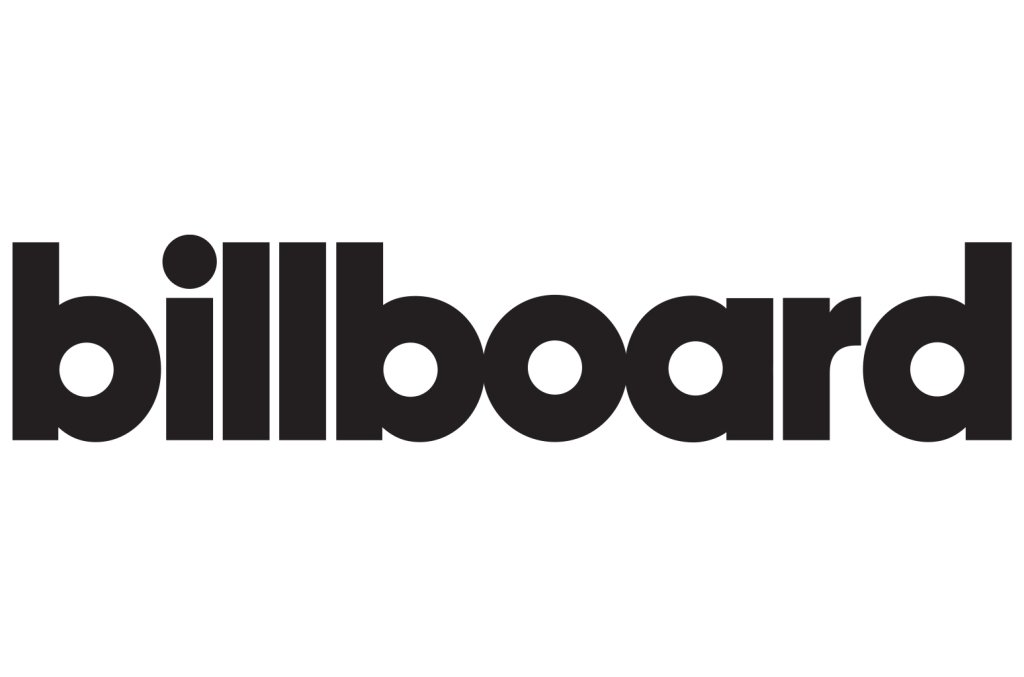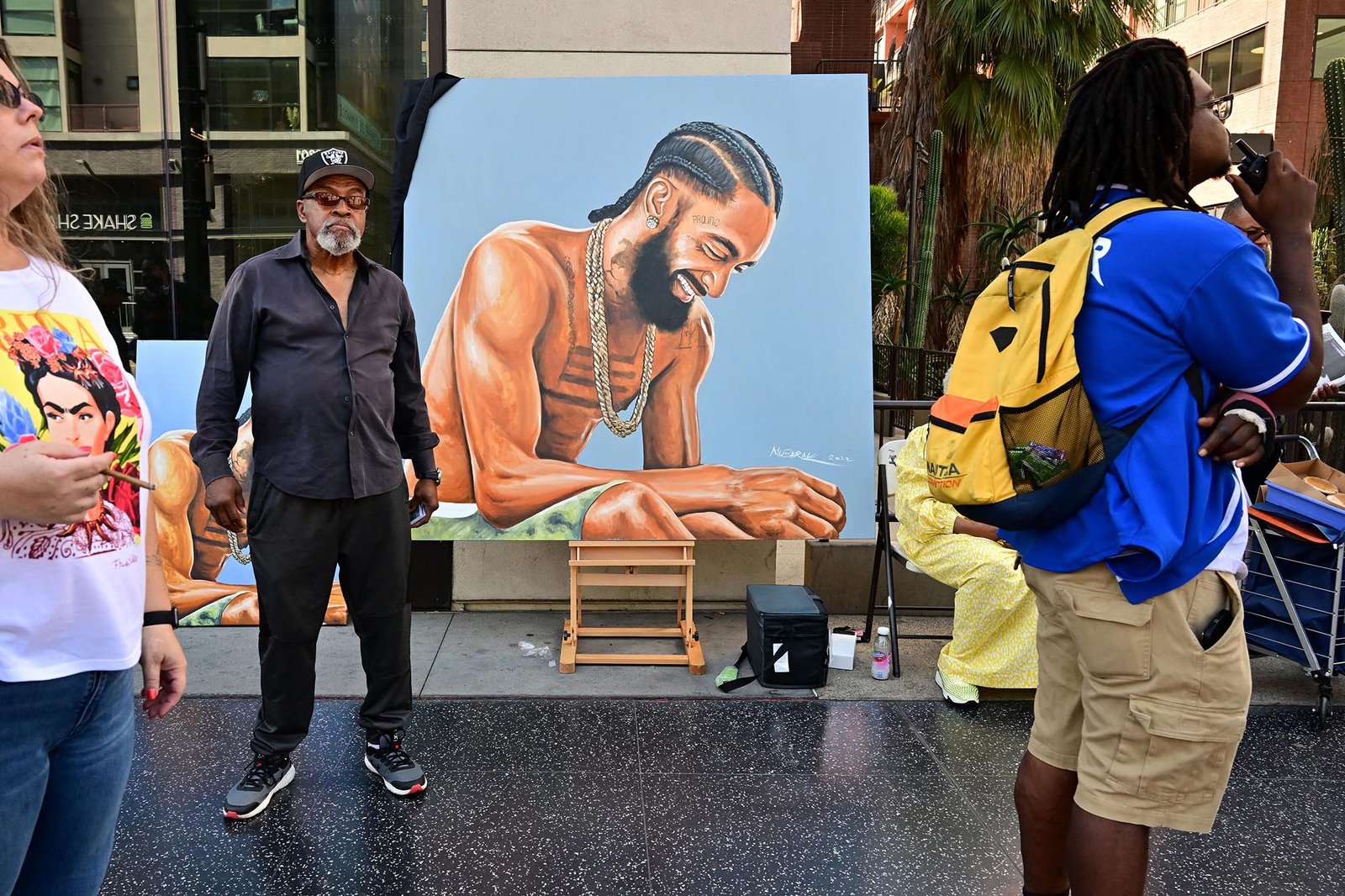How to find an artist name can feel like a very heavy task. You want to pick something that fits your style while feeling unique and true to yourself as an artist.
On top of that, you don’t want to pick something cheesy, dated, or something that has already been taken before.
Today, we’re going to cover the best tips for you to find the perfect artist name, including:
- different types of artist names;
- things you must check before choosing a name;
- creative tools for generating artist name ideas;
- examples of artist names and why they work.
So without further ado, let’s explore!
Do You Need An Artist Name?
Some people are under the impression that the day you finish your first track you must pick an artist alias.
I would disagree.
How to find an artist name is something that you should think about while you explore the world of music production. When you get started making music, chances are you’ll want to explore different genres and styles and that could affect what you pick for your alias.
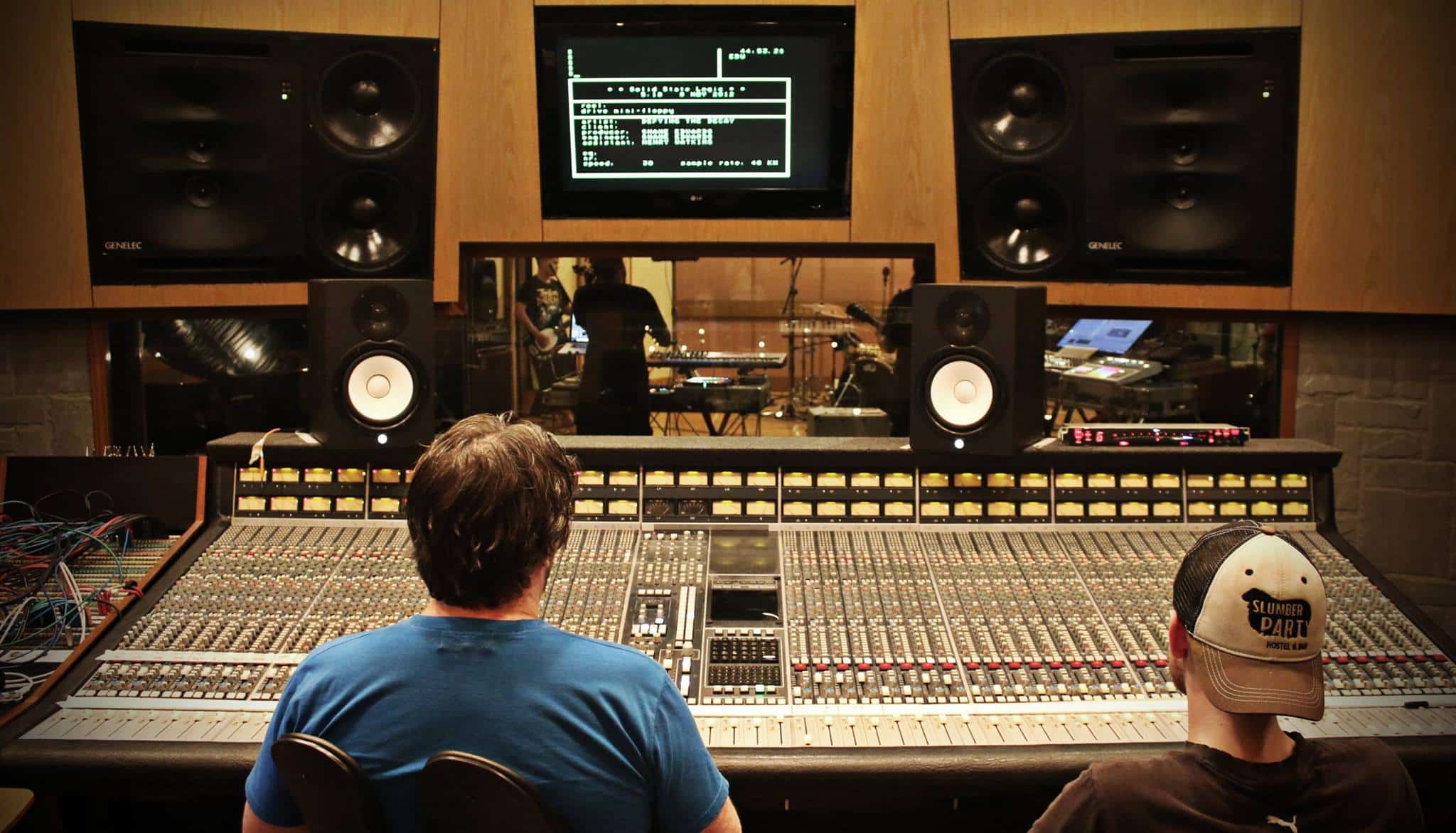
So if you are a new producer who is still learning how to arrange a piece of music, how to find an artist name should not be your top priority. For now, you should focus on finishing your first tracks.
You might be asking, “But I want to put my music on Soundcloud! How can I do that without creating an alias?”
If you are dead set on uploading your music to Soundcloud, I would say just use your given name or a random name. That way you can always pivot later when you are ready to create a brand around your music.
Different Types of Artist Names
So, you’ve finished a few tracks, and you’ve settled on the genre you want to produce. Basically, you’re ready to share your music with the world.
Then, it’s time to find an artist name.
To get you started, here are a few categories of artist names. This list is by no means exhaustive, but it can help you start thinking about what kind of artist name you’d want.
Real Name
The most straightforward artist name is to simply use your own name or slight variations. Think “Noel Gallagher and High Flying Birds” or “James Hype”.
Some scenes are popular for having artists using their real names. This is the case in the Techno scene:

Just to name a few, we have:
- Charlotte de Witte
- Amelie Lens
- Enrico Sangiulano
- Deborah de Luca
- Layton Giordani
- Adam Beyer
- and many more!
Using your real name has many advantages. Firstly, you skip all the complexity as to how to find an artist name. It’s already there!
Secondly, using your own name can create a sense of connection with your listeners.
When you use a made-up name, it can create a level of separation with your audience. However, using your real name will make people feel like they know you.
If you don’t like the way your name sounds, you can create a variation of it. For example, Fred Again’s real name is Frederick Gibson. Why not use your first name, and create an interesting spin on it?
Genre-specific Names
You would be surprised how many genres follow the same codes for their artist names. For example, as we just saw, it’s extremely common for Techno artists to just use their real name.
Hip-hop is another great example.

Lil Peep, Lil Uzi Vert, Lil Wayne, Lil Yachty, Lil Nas X… You get what I mean. Hardstyle is another genre with its own codes for artist names:
- Da Tweekaz
- Wildstylez
- Frequencerz
- Audiotricz
- HeadHunterz
- Atmozfears
Definitely a common theme here with the use of the letter “z”…
Whatever the genre you produce, it’s worth checking other artist names. If you find some commonality, it’s worth using it. It will make you fit in the scene better, and make your brand more recognizable to fans of that genre.
Suggestive Names
Artist name can also be suggestive. This means they evoke a mood or feeling without directly describing it. Here are some examples:
- James Hype – a combination of his real name, and the work “hype” to indicate his energetic sets.
- Above and Beyond – conveys a feeling of another world, which fits with their melodic techno sound.
- slowburn – a LoFi artist with an evocative artist name.
Think about what your music stands for. Is it dark? Euphoric? Comedic? Authentic? Try to communicate that feeling through your artist name.
If you want your artist name to convey a specific mood, try combining an adjective and a noun. Here are a few examples I just came up with:
- mistysoul
- Forever Later
- Crashing Slow

A suggestive artist name doesn’t need to mean something directly but simply convey a feeling.
Made-up Artist Names
This is by far one of the most common artist name types. Take “Skrillex”, “Zedd” or “Odymel”. All totally made-up words.
To come up with a made-up artist name, you can start with a real word or a combination of words.
You then mash them up to create something brand new. Let’s give it a try:
- “angry” could become “Angrok”
- “desperation” and “calling” could become “Despecal”
You get the idea 😉. This type of artist name is totally subjective, and it’s entirely up to you if it sounds good or not. The only thing with made-up words is that they may not be easy for people to understand (more on that in the next section).
Real-Life Artist Names
An artist name can also be inspired by your own life, a real place, an event, etc.
For example, my own artist name is Millstreet, the Irish town where my mother grew up.
Parkway Drive is an Australian heavy metal band named after where they used to rehearse. The Progressive House artist Lane 8 chose his name after the fact that he used to swim in the eight-lane of the swimming pool.

If you can find an artist name that is pulled from your life, it will be that more meaningful to you. Plus, you’ll have a cool story to tell people you eventually ask you “How did you get your artist name?”
You can also pick a name that references a historical event or date, even though it’s not your own life.
In the Synthwave scene, artists are known for including dates in their artist names. Some well-known examples include:
- Timecope1983
- FM-84
- Miami Nights 1984
- and more.
These dates directly evoke a sense of nostalgia, which is exactly what Synthwave aims to do.
What to Check Before Choosing an Artist Name?
These are a few questions you should ask before deciding on an artist alias and you decide on an idea.
Is this artist name already taken?
When thinking about how to find an artist name, this is a BIG one. Do not skip this step.
Building an artist brand is like building a company.
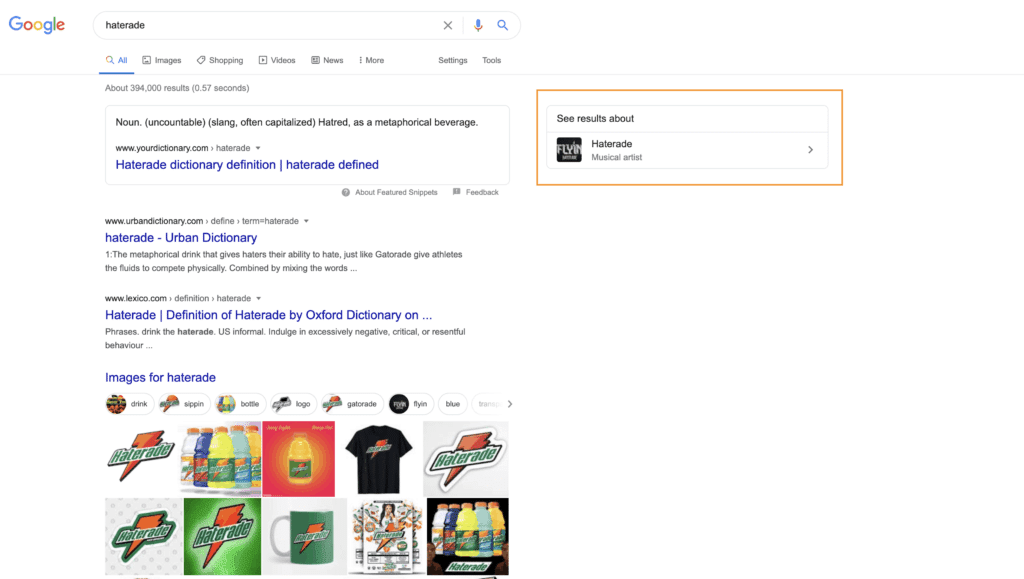
Your alias is the foundation of your brand. You wouldn’t want to start a company that shares its name with another already established company.
Once you get an established body of work and your fans learn what your music sounds like it will be tough to disassociate the two if you have to change your name later on.
You will want to:
- Do a Google search
- Check Apple Music
- Check Spotify
- Check Soundcloud
- Check social media
- Check your country’s trademark database
…to see if your alias is available. I would say that checking on Spotify is the most important part. Let’s say you’re thinking about how to find an artist name and settle on Valiant (I just made that up):

We can see there are a bunch of Valiants on Spotify already. So if people try and look you up, they will have a tough time finding you.
As an artist, you should make that process as simple as possible for listeners. If they can’t find you in a few clicks, they will give up.
So make sure that when people type your artist name, they will find you, and only you. This also counts for non-music brands. You might settle on “Harmor” as an artist name, but then realize that it’s also the name of a massive construction company.
If you’re looking for other Spotify hacks like this one, check out our full guide over here 🔥
Easy to understand
Do you have a hard time explaining to your friends what your name means and how it is pronounced? It might be a good idea to simplify it a little bit.
This basically follows the point I made in the previous section: make yourself easy to find.
There should be as little friction as possible when people look you up on Spotify or Google. You want your grandma to be able to pronounce your name. If she can, so can everyone else.

Or picture yourself DJ’ing at a party, music pumping. Somebody asks you your name, and you have to shout it over. Are they going to be able to understand it and search it on Spotify?
The only time I would make an exception is if the story behind the name is so powerful and it fits your brand like a glove. The adage that, “if you are good enough people will learn your name” does ring true. But if you don’t absolutely need to complicate it, it’s best to keep it simple.
Cultural sensitivity
Verify that your chosen name doesn’t have unintended meanings in other languages or cultures. Double-check also that you’re not appropriating another culture mistakenly.
For example, the heavy metal band Electric Callboy was originally called Eskimo Callboy but then decided to change their name.
So make sure you’re artist name doesn’t risk offending people before setting on it.
What about asking for feedback?
Some people will argue that would should test your artist name with other people, and see what they think.
Now this is purely my opinion, but I don’t think you should seek feedback.
An artist name is one of the most personal things you can do. It’s so subjective, everyone will have a different opinion. But you’re the one that is going to live with it. So with that in mind, I personally wouldn’t ask for people’s thoughts. If you’ve found an artist name you like and went through the checklist we talked about, then you’re good to go.
Moving Forward With Your Artist Name
It can be hard to know for sure if you’ve picked the right artist name. Is it going to grow old quickly? Are you still going to like it in a few months?
One way to get around the full commitment right off the bat is to do a ghost test drive of your name for a while.
Start saving projects with that alias, create a Soundcloud, and make a Gmail account. You can test drive it for a couple of weeks and see how it feels before committing to it publicly and investing money into the branding side of the project.
One very important thing to remember when you are closing in on a name is to not tell a bunch of people before making that final decision.
Last Words on Choosing an Artist Name
Finally, your name doesn’t have to be perfect.
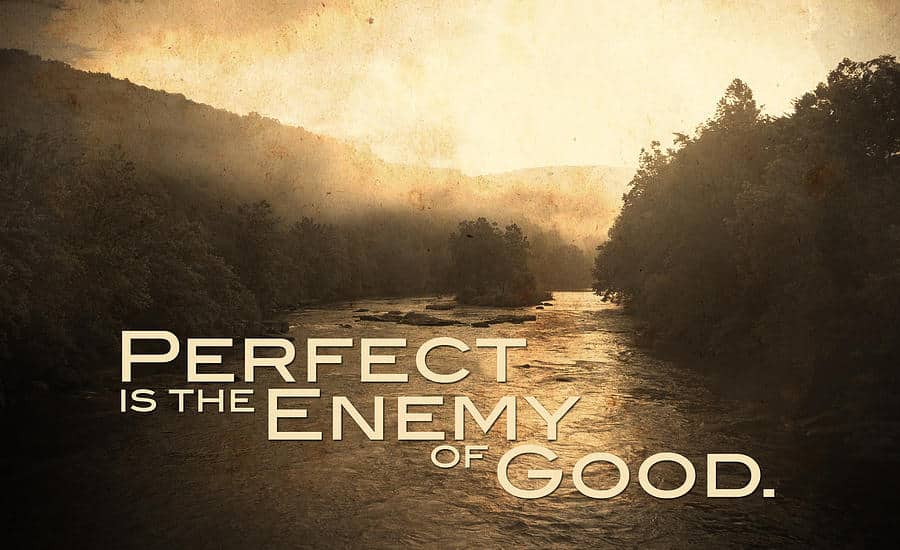
You don’t have to have the most intricate story behind it sound the coolest or be the most clever. Your music is more important.
As long as you are ok with telling complete strangers what your artist alias is, and have a story behind the origin of the name you are good to go.
It’s much less about what the alias is than what it means to you and your fans. Sure, having a catchy cool name is awesome but if it doesn’t have any emotional weight behind it other than “I thought it sounded cool”, it won’t stick.
Don’t rush into it, take your time. Sit with it. See how it feels. Once you feel confident about it, pull the trigger and start building around it.
